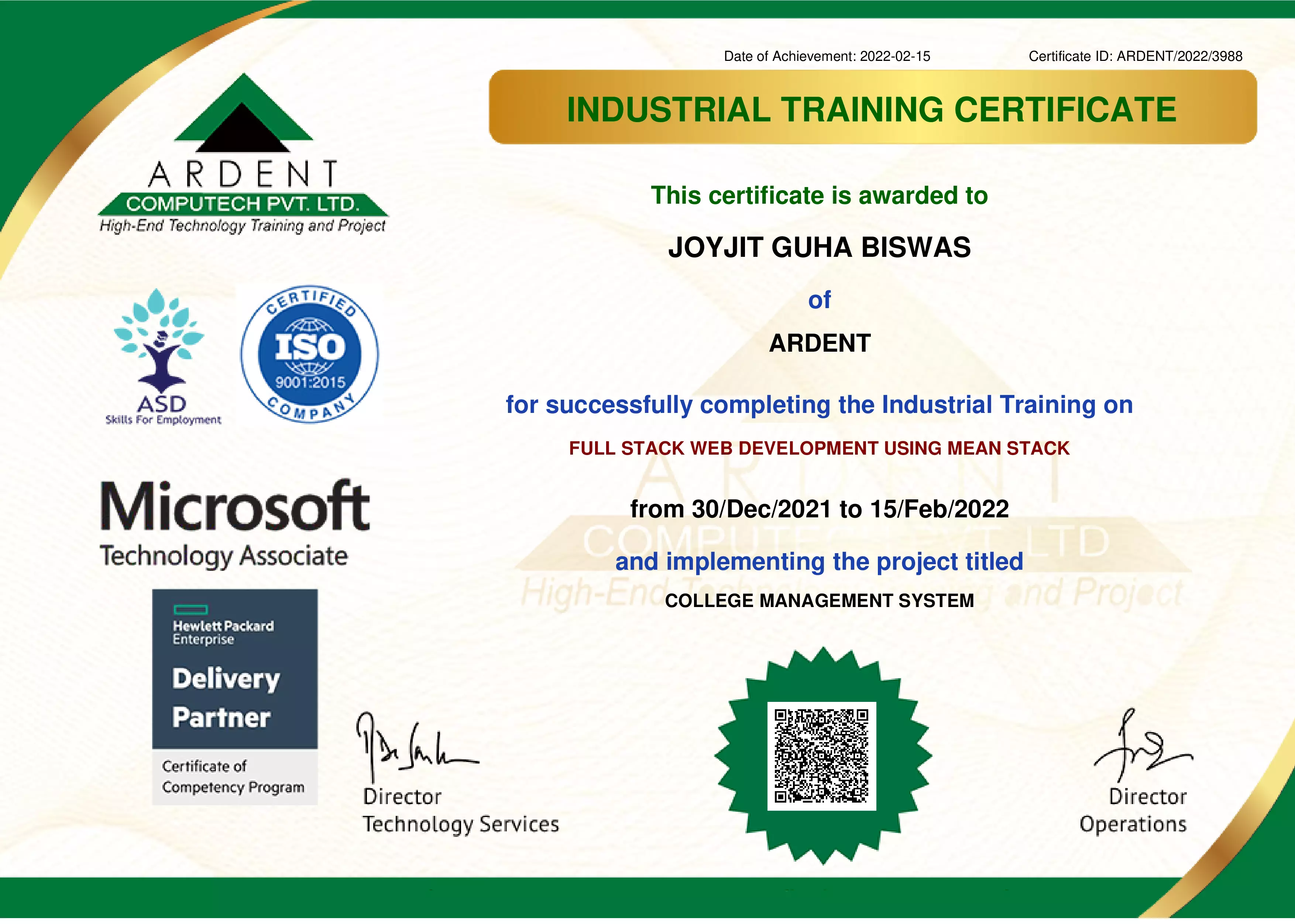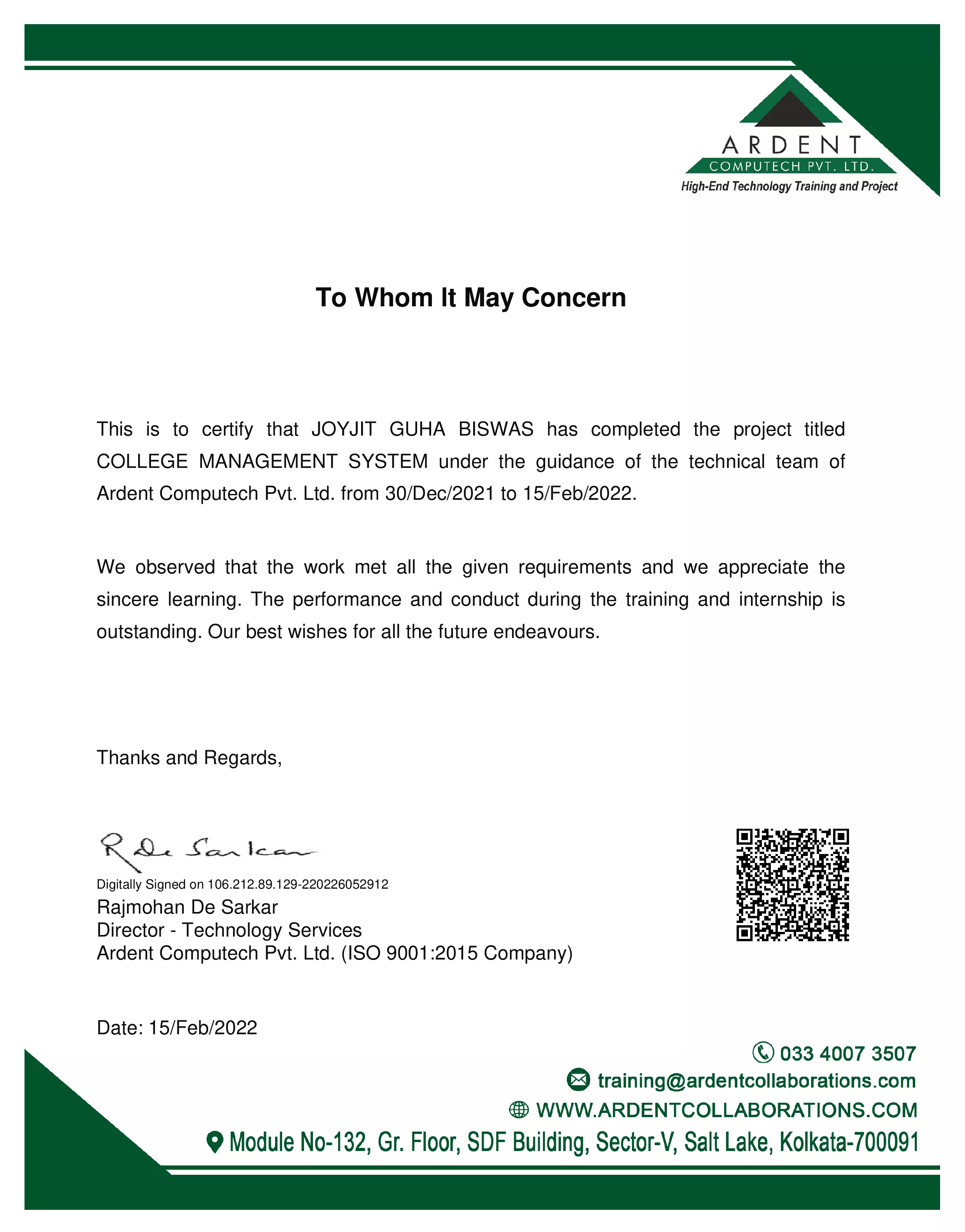
This course provides a comprehensive, practice-oriented introduction to power system modeling, design, and analysis using ETAP (Electrical Transient Analyzer Program). ETAP is an industry-leading software platform used worldwide to simulate, analyze, and optimize electrical power systems in generation, transmission, distribution, industrial, transportation, and low-voltage sectors. Through structured modules, this program equips students and practicing engineers with the knowledge and skills to perform accurate studies, troubleshoot complex system issues, and design reliable, efficient electrical networks.
Beginning with foundational concepts of electrical power systems, students will review the principles of generation, transmission, and distribution, as well as single-line diagram development and standard documentation practices. These essentials prepare learners to effectively use ETAP as a digital design and diagnostic tool.
The course then transitions into ETAP’s core functionalities: project configuration, load flow studies, fault analysis, transient stability evaluation, relay coordination, arc-flash studies, and cable ampacity checks. Students will learn to simulate real-world operating conditions, evaluate network performance under steady-state and dynamic scenarios, and identify system weaknesses before they become costly failures.
A major focus is placed on electrical equipment sizing, selection, and protection. Participants will model generators, transformers, motors, capacitor banks, bus ducts, and protective relays in ETAP. Practical case studies guide learners through motor starting challenges, inrush current analysis, voltage dips, and mitigation using various starting methods (DOL, soft starters, VFDs). Learners will also assess relay coordination, motor stability, and cable scheduling to ensure proper system performance and safety.
Later modules introduce generator load sharing and parallel operation, helping students understand how to synchronize multiple sources, balance active/reactive power, and design redundant systems. These advanced topics are reinforced through hands-on project work, where students create, analyze, and document a complete power system using ETAP from initial SLD to final report.
By the end of the course, learners will be proficient in:
- Developing and interpreting electrical single-line diagrams.
- Setting up and configuring ETAP projects for various industrial and utility applications.
- Performing power system studies including load flow, short circuit, transient stability, arc-flash, and relay coordination.
- Evaluating electrical equipment sizing and ensuring compliance with safety standards.
- Troubleshooting motor starting and generator parallel operation problems using simulations.
- Preparing clear technical documentation to support design decisions.
This training is designed for electrical engineering students, graduate engineers, and professionals seeking practical skills in digital power system analysis. A basic understanding of electrical power systems is required, but prior ETAP experience is not necessary.
Through interactive lectures, guided software sessions, and real-world case studies, participants will gain both theoretical insight and practical competence. On completion, they will be fully capable of using ETAP to design, analyze, and optimize electrical systems confidently and cost-effectively—a valuable skill in modern power engineering, where simulation is essential to meet performance, reliability, and safety requirements.
Course Objectives
- To introduce the principles of electrical system design, modeling, and documentation.
- To develop proficiency in using ETAP software for power system analysis
- To enable students to perform load flow, short circuit, transient stability, and arc-flash studies.
- To teach proper selection, sizing, and protection of electrical equipment using simulation tools.
- To equip learners with skills for analyzing motor starting problems, relay coordination, and generator load sharing.
- To prepare participants to document and present professional engineering studies based on ETAP simulations.
Learning Outcomes
By the end of this course, learners will be able to:
- Design and interpret single-line diagrams (SLDs) for industrial and utility systems.
- Configure ETAP projects, input accurate data, and validate system models.
- Perform comprehensive studies: load flow, fault analysis, stability, and arc-flash risk assessment.
- Select and size generators, transformers, motors, capacitor banks, and protection devices using ETAP.
- Evaluate motor starting methods, voltage dips, and system stability improvements.
- Synchronize and balance multiple generators in parallel operation scenarios.
- Generate clear, professional documentation to support design and troubleshooting decisions.
Expectations
- Students should already have basic knowledge of power systems (generation, transmission, distribution, steady-state concepts).
- Participants are expected to actively engage in software practice, as this is a hands-on technical course.
- Real-world case studies and assignments must be completed to reinforce theory with practice.
- Students should aim to develop both analytical thinking and practical simulation skills, not just software familiarity.
Goals
- Technical Goal: Provide participants with the ability to digitally model and analyze any electrical power system using ETAP.
- Professional Goal: Prepare students to handle real-world design tasks and troubleshooting responsibilities in industries such as power generation, manufacturing, oil & gas, transportation, and utilities.
- Skill Development Goal: Enhance competence in identifying, predicting, and resolving power system issues before implementation, reducing risk and cost.
- Outcome Goal: Ensure every participant completes the course capable of designing, simulating, optimizing, and documenting a complete power system project independently.
- LIVE Online
- Offline in Kolkata
- Offline in Durgapur
- Offline in Institutions / Companies (for institutional and corporate training)




Course Modules
Professional
- Duration - 60 to 80 Hours (12/16/20/24 Weeks)
- Daily / Weekly Classes
- 4 Case Studies & 1 Minor Project & 1 Live Project
- Professional Courses are more comprehensive. The learning is case study based and project oriented. Ideal for passout students and working professionals.
-
WHEN WILL YOUR COURSE/TRAINING/INTERNSHIP START AFTER ADMISSION?
As per our policy, we start the course/training/internship within 10 days from the date of enrollment. If you enroll for future month/date, our schedule team will coordinate with you and assign your class. To communicate with our schedule team for preferred timing, email to training@ardentcollaborations.com. All courses/internships can be scheduled in customised manner as per your requirements. -
Download Content
-
SPECIAL OFFER- SAVE 50%
2800014000

